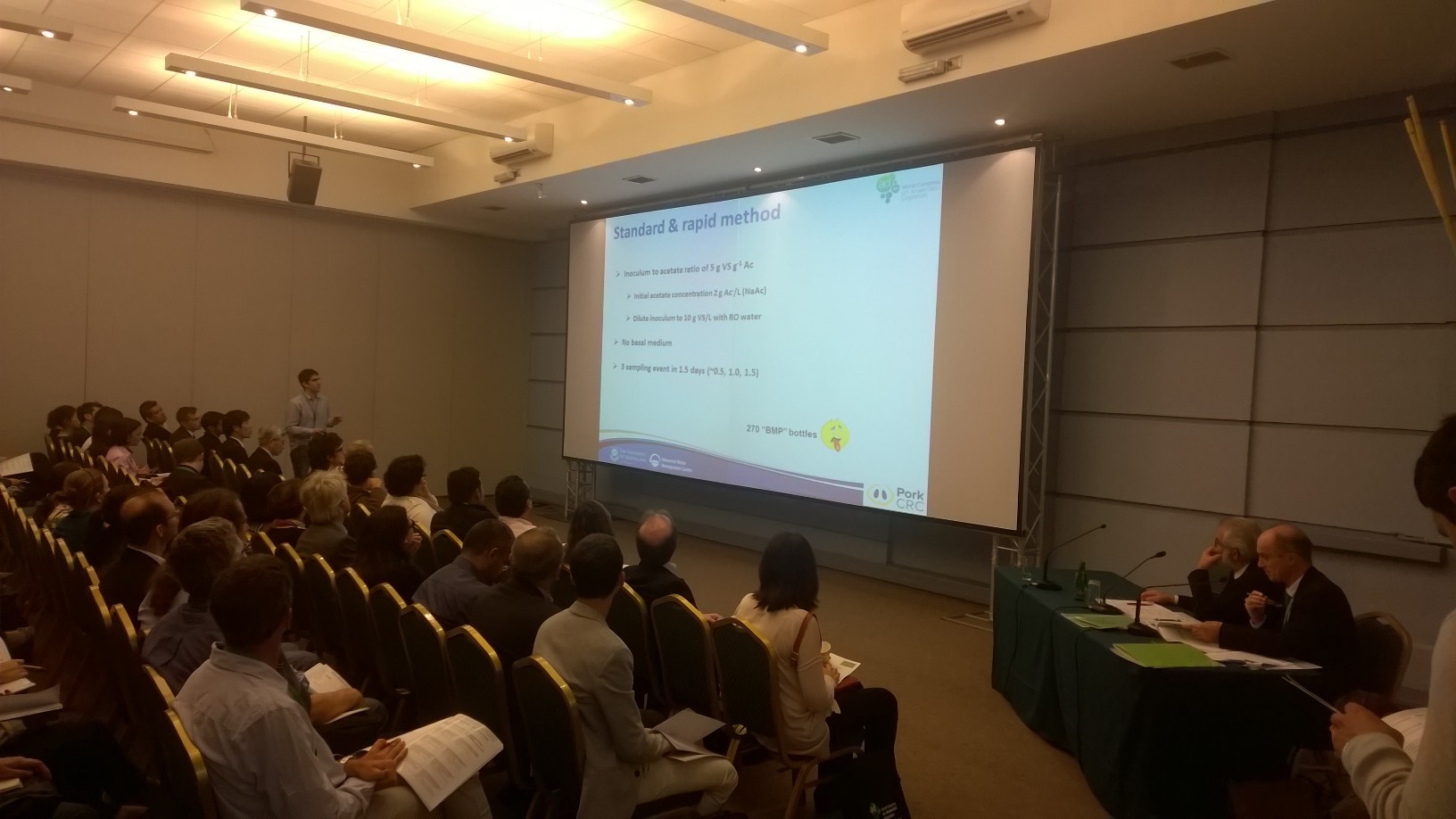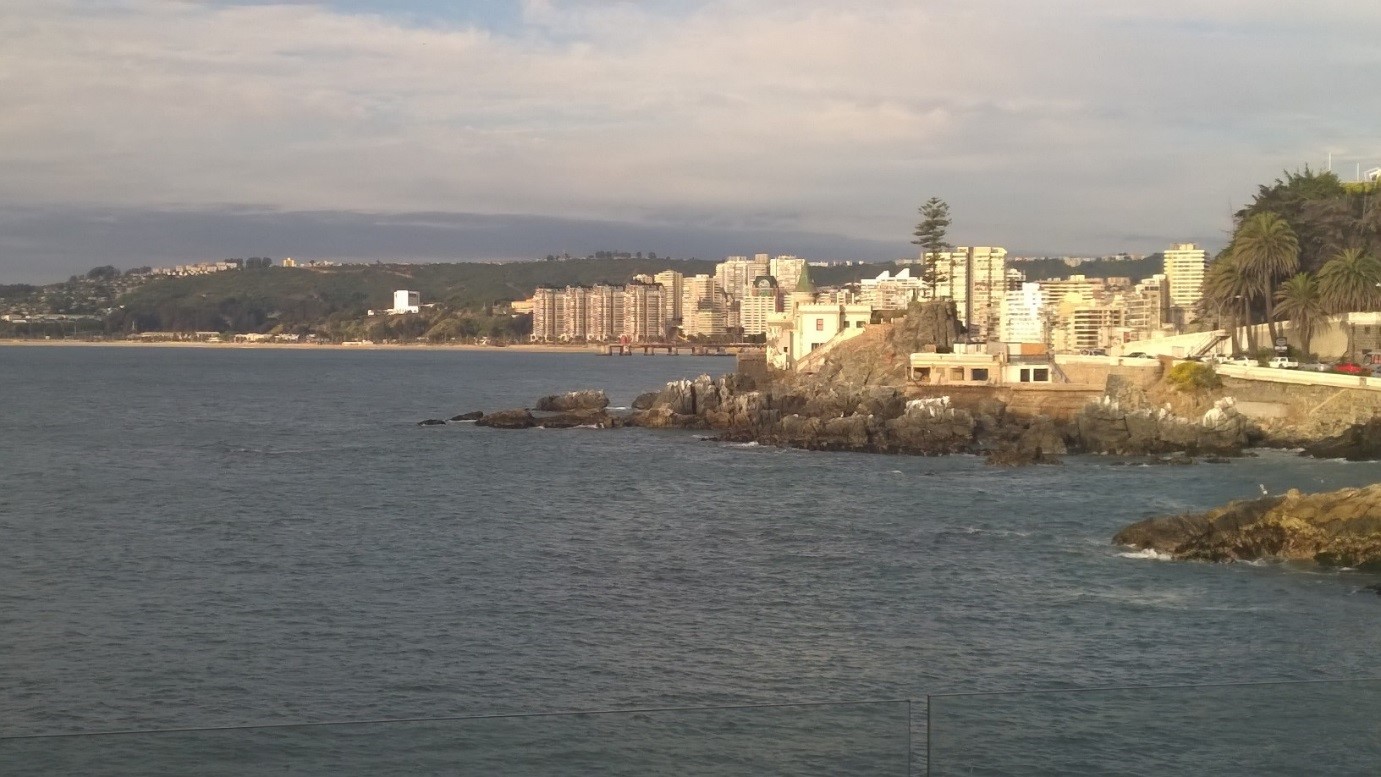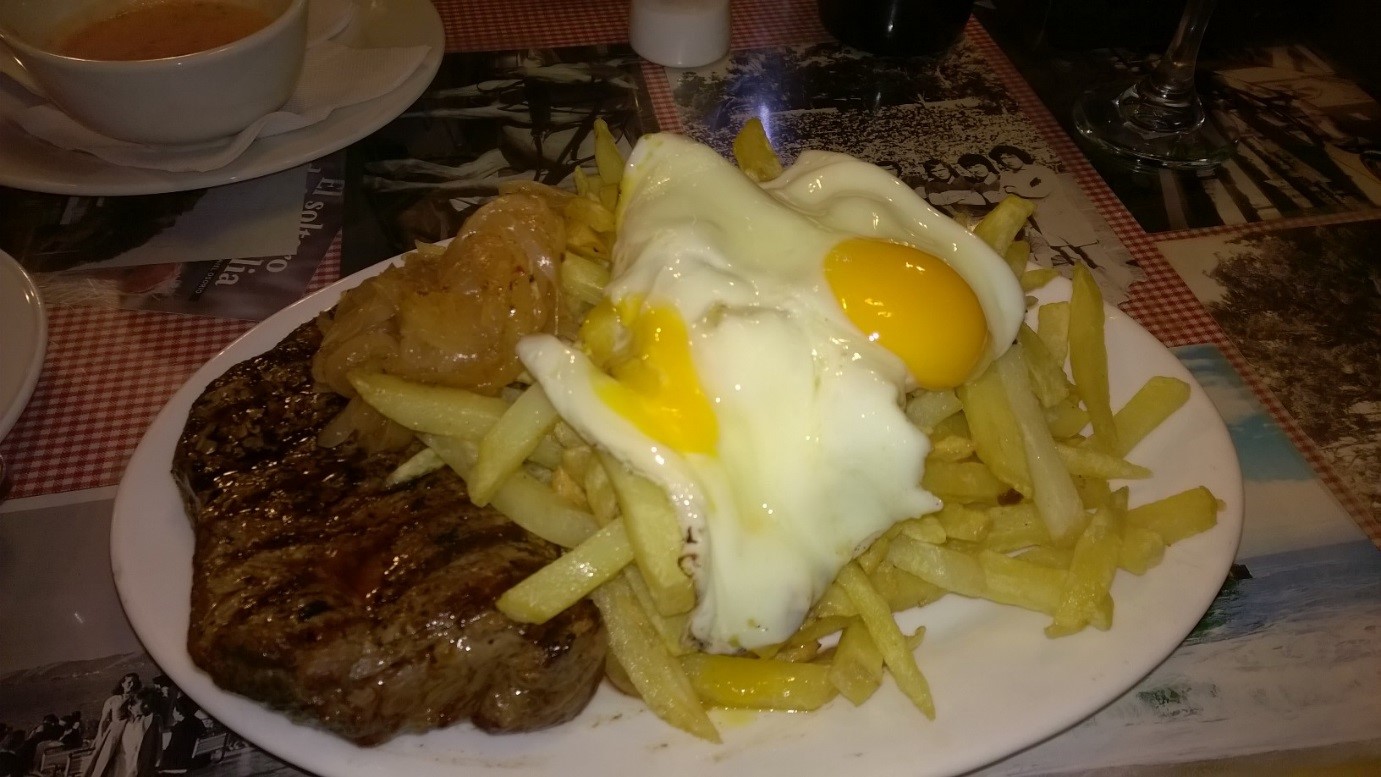The following blog post was contributed by Gergely Forgacs, a Postdoctoral Research Associate in Chemical Engineering and Ian Law, Technical Manager at GENeco, Wessex Water.
Event Name: 14th World Congress on Anaerobic Digestion
Theme: International forum for discussion on state-of-art of the anaerobic bioprocesses
Date: 15-18th of November, 2015
Venue: Viña del Mar, Chile
Number of Delegates: 700 Delegates registered for the conference
Gergely Forgacs (WIRC @ Bath) and Ian Law (Wesesx Water) recently attended the 14th World Congress on Anaerobic Digestion which was held in Viña del Mar, Chile on 15-18 November 2015, and organised by the International Water Association. The conference is the leading international event and it covered a wide range of topics related to the application of anaerobic digestion processes, including:
- Reuse of effluent and digestate
- Biogas upgrading and management
- Microbiology of anaerobic digestion
- Resource recovery
- New products, novel process configuration and emerging technologies
- Modelling, instrumentation and control
- Environmental management (life cycle assessment, clean development mechanisms)
- Up-stream and downstream processes; pre-treatments and post-treatments
- Low-tech solutions for developing countries

More than 650 papers were submitted to the conference, and 80% asked to give oral presentations. Delegates from 49 different countries participated in the conference from countries such as Singapore and South Africa. The session on “New products, novel process configuration and emerging technologies” was by far the most heavily subscribed topic with 23% of the papers being presented in this area, followed by “Microbiology of anaerobic digestion” which contained 18% of the papers.

As a result of the first two years of working with Wessex Water on anaerobic digestion, we submitted two papers to the conference and had them accepted. This represents a great outcome for the project to date and reflects how well the research team of Gergely Forgacs, Tom Arnot, Ian Law and Matt Atkins have been working together. The first paper dealt with the “Development of an accelerated restart strategy for two stage anaerobic digestion systems” and was invited as an oral presentation. This work was a crucial component of a shut-down / refurbishment / start-up programme at Bristol Sewage Treatment Works during the summer of 2014. It involved dynamic modelling of the full sized process, then small scale trials in the labs on campus, and then piloting the strategy on site before full scale implementation. Very significant costs savings were made as a result of the successful implementation of the accelerated restart strategy, which is contrary to the slower and more conservative approach which is normally adopted. The second paper “Development of a Food Waste Anaerobic Digestion Model using BioWin” was accepted as a poster presentation. This work is an ongoing project which aims to maximise the recovered value from food waste streams in relation to biogas production and more recently, with the arrival of Marta Coma and Felix Abeln, in terms of recovering renewable feedstock molecules for biosynthesis. We will be submitting full versions of both papers to scientific journals in the near future.

Apart from academic delegates, the anaerobic digestion industry was also well represented at the event, showing off their newest innovations. This was a well organised conference where well known experts were discussing the future of anaerobic digestion. We seriously recommend this event for anybody who is interested in anaerobic digestion – in 2017 the congress will be hosted by Beijing in China.
Respond
